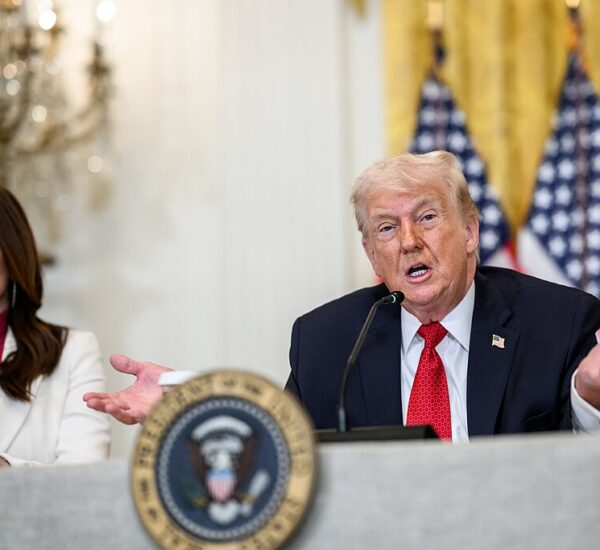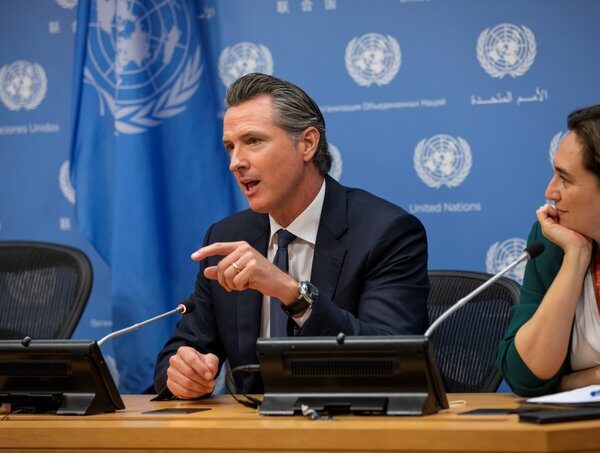Trump Releases Another Statement On Gaza
President Trump has proposed a bold plan that would fundamentally shift U.S. foreign policy and offer a new path for the troubled Gaza region. During recent remarks, the former president suggested that Israel would transfer control of Gaza to the United States, a move he believes could lead to long-term stability. Trump’s proposal calls for the permanent relocation of Palestinians, a plan that challenges traditional approaches to Middle Eastern peace and could be a game-changer in the fight against terrorism.
The president’s plan would mark a significant departure from U.S. foreign policy, which has typically supported negotiations between Israel and Palestinian authorities. Trump has suggested that, rather than continually seeking a solution through peace talks, the U.S. could take charge of Gaza after the conclusion of the ongoing war, currently under Hamas control. In his comments, Trump emphasized that the U.S. would handle the region “at the conclusion of fighting,” with a focus on long-term stability and security for both Israel and the Palestinian people.
While Trump’s proposal is garnering attention, it has faced skepticism from various leaders in the region, as well as some members of his own party. Key Arab nations have rejected the notion of resettling Palestinians in neighboring countries like Egypt and Jordan, while some Republicans have raised concerns about the feasibility and potential consequences of such a bold move. Even with these objections, Trump remains resolute, claiming that his plan could bring lasting peace to the region for “very little money.”
This proposal also brings up important questions about the potential role of U.S. military forces. Though some administration officials, including White House Press Secretary Karoline Leavitt, have attempted to clarify that no commitment has been made to send U.S. troops into Gaza, Trump’s statement that “we will do what is necessary” has left many wondering about the military implications of the plan.
Despite the uncertainty, Trump’s vision reflects his broader approach to foreign policy—one that favors American strength and leadership in resolving global conflicts. For Republicans, his stance on Gaza is an extension of his “America First” policy, which prioritizes national interests and seeks to avoid endless foreign entanglements while promoting stability through strength.






